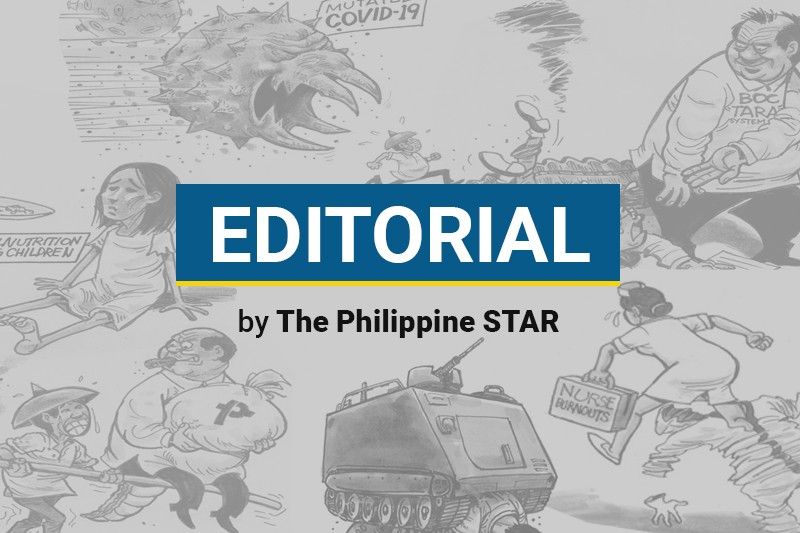EDITORIAL - Women and security

The Philippines has had two women presidents. Both the current and previous vice presidents are women. In Congress and the judiciary, women occupy key positions. The number of women in traditionally male professions such as the military and police continue to increase.
The country has reason to tout its high ranking in the latest annual Global Gender Gap Index drawn up by the World Economic Forum, in which the Philippines placed 16th among 146 countries – an improvement of three spots from its ranking in the 2022 index.
Several laws have been passed to promote women’s welfare, provide protection from domestic violence and other forms of abuse and exploitation and generally strengthen gender equality.
Yet for millions of Filipino women, especially in the lower income brackets, the situation is far from rosy. Poverty and inadequate education make many of these women unaware of their rights under the law, and leave them open to abuse and exploitation. Glass ceilings remain in place, even in fields that have been penetrated by women with better education and financial means.
This problem is reflected in the fourth edition of the Women, Peace and Security Index, which measures women’s well-being based on 13 indicators grouped into three dimensions: women inclusion, justice and security. The WPS Index is published by Washington-based Georgetown University’s Institute for Women Peace and Security together with The Peace Research Institute Oslo Center on Gender, Peace and Security with support from the Norwegian Ministry of Foreign Affairs.
In the latest edition, the Philippines saw its WPS ranking plummet from 61st among 170 countries in the 2021-2022 edition to 121st among 177. This made the Philippines the second worst country for women in East and Southeast Asia, ahead only of Myanmar, which was near the bottom at 165th place. The Philippines’ overall score of 0.612 was also below the 0.671 average score in the region and the 0.650 global average.
Among the dimensions for the rankings, “inclusion” refers to the status of women’s education, employment, financial inclusion, cell phone use and parliamentary representation. “Justice” includes absence of legal discrimination against women, access to justice, maternal mortality rate and “son bias” or the number of sons born for every 100 girls. “Security” refers to intimate partner violence, community safety, political violence targeting women and proximity to conflict.
In launching the latest report, the Georgetown Institute stressed: “No country performs perfectly on the WPS Index and the results reveal wide disparities across countries, regions, and indicators. The WPS Index offers a tool for identifying where resources and accountability are needed most to advance women’s status – which benefits us all.”
The index must not be taken as a condemnation, but a call to action.
- Latest
- Trending

























